Health authorities have approved updated COVID vaccines for distribution. These new shots target the latest virus variants more effectively.
Summer 2024 saw a surge in COVID cases, with wastewater data indicating “very high” rates. The new vaccines aim to boost immunity as we enter the respiratory virus season.
Who can get the updated COVID shot?
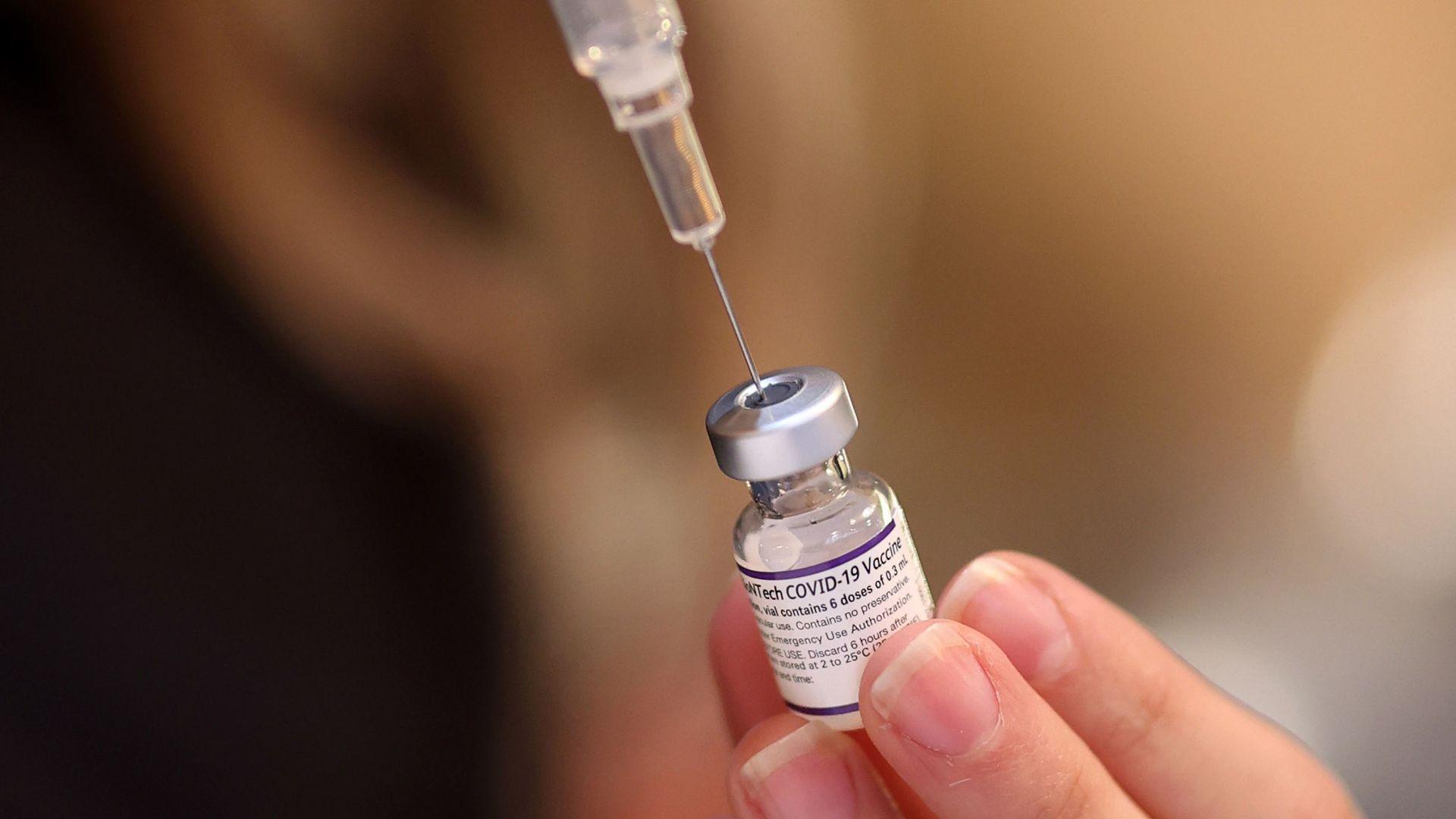
The new vaccines are recommended for everyone aged 6 months and older. Health experts advise waiting at least two months since your last COVID shot.
Studies show that vaccine effectiveness wanes over time, with protection dropping by up to 50% after six months. This universal recommendation marks a shift towards treating COVID as an endemic disease.
How has COVID guidance changed recently?
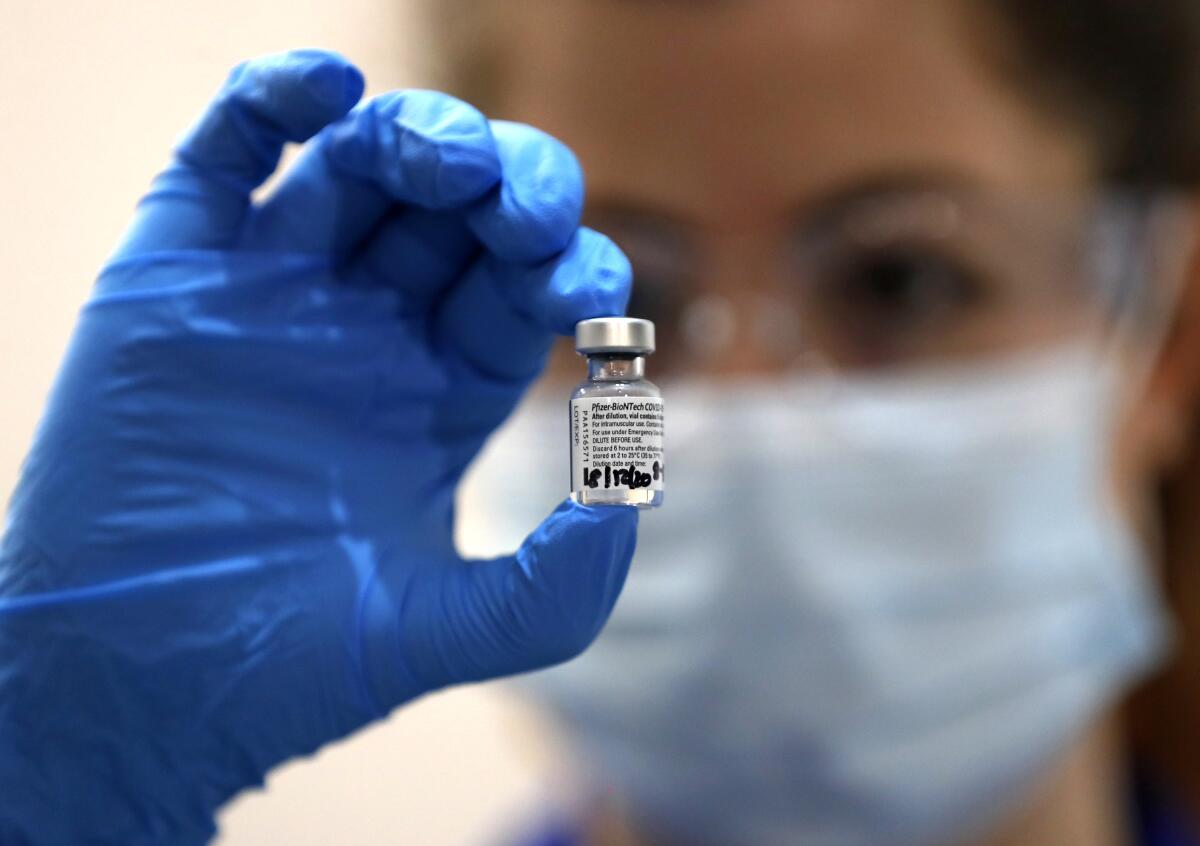
Officials have streamlined COVID guidelines to simplify public understanding. The focus has shifted from test results to symptom management.
This change reflects COVID’s transition from pandemic to endemic status. Experts estimate that endemic diseases typically affect 1-5% of a population annually.
When will vaccines hit pharmacy shelves?
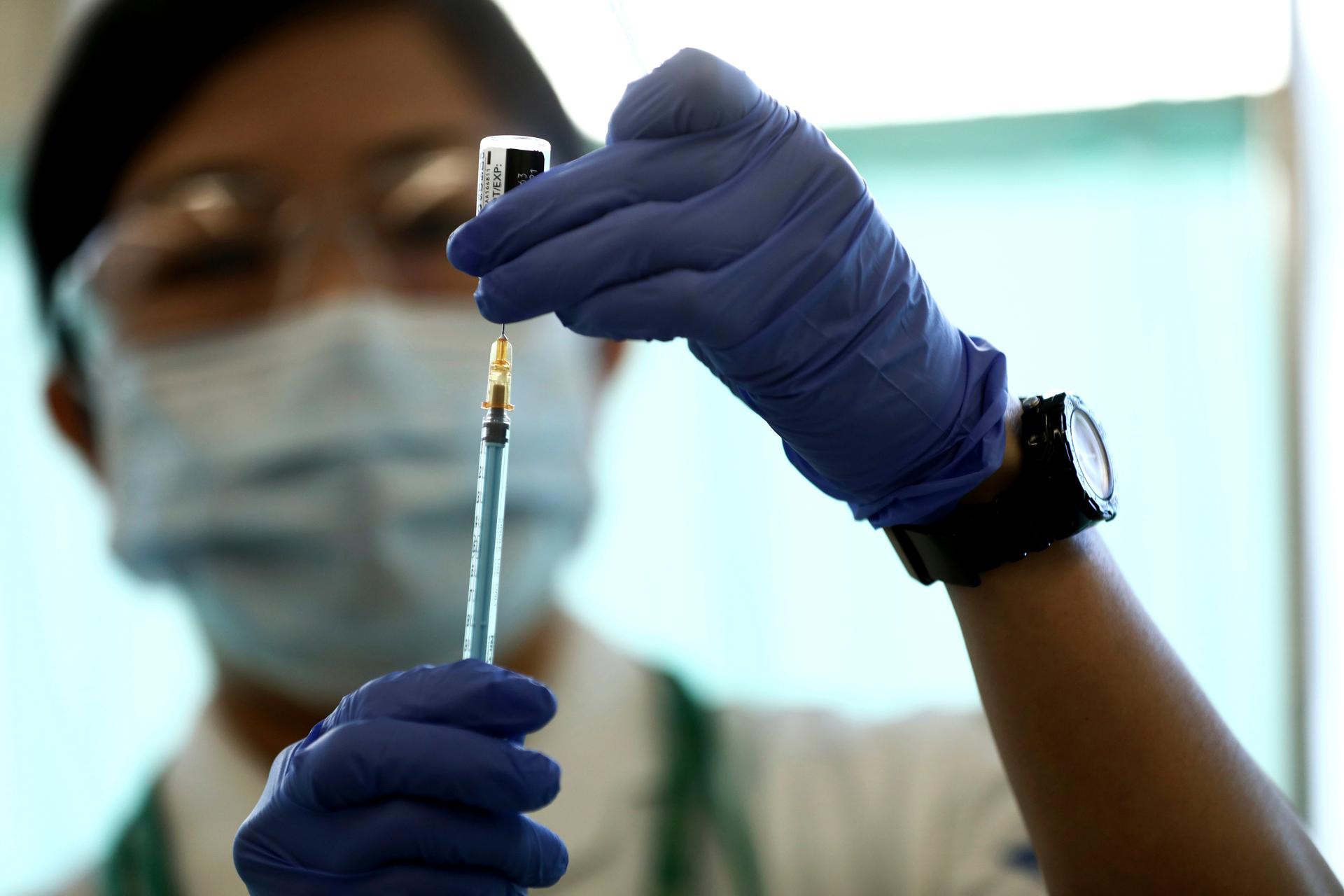
Distribution of new vaccines is expected to begin within days. Pharmacies are preparing for a potential rush of early adopters.
Last year, 70% of adults received their updated shots within the first month of availability. The swift rollout aims to curb the anticipated fall surge in respiratory illnesses.
What’s different about vaccine costs now?
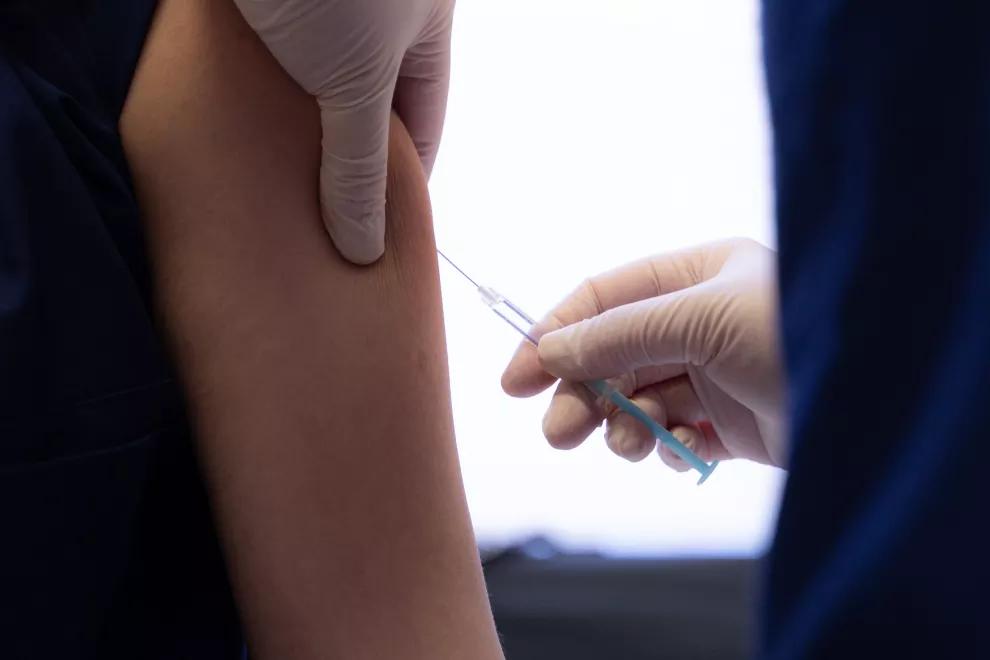
The era of government-funded COVID vaccines has ended. Most insurance plans, including Medicare, will cover the cost.
Uninsured adults may face new challenges in accessing free vaccines. However, a separate program ensures free vaccines for all children, regardless of insurance status.
How effective are the new shots?
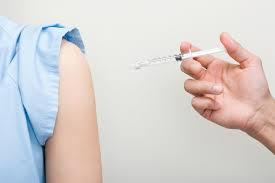
The updated vaccines target the KP.2 variant, which closely resembles current circulating strains. Early trials show a 75% reduction in symptomatic infections among recipients.
However, real-world effectiveness data will take months to gather. The true impact of these shots on hospitalizations and deaths remains to be seen.
Should I still test for COVID?
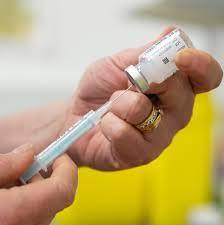
Testing remains crucial, especially for high-risk individuals. Accurate diagnosis ensures proper treatment selection.
Home test kits are now 95% accurate in detecting current variants. Remember, different viruses require different treatments, making precise diagnosis essential.
Who needs antiviral treatments most?
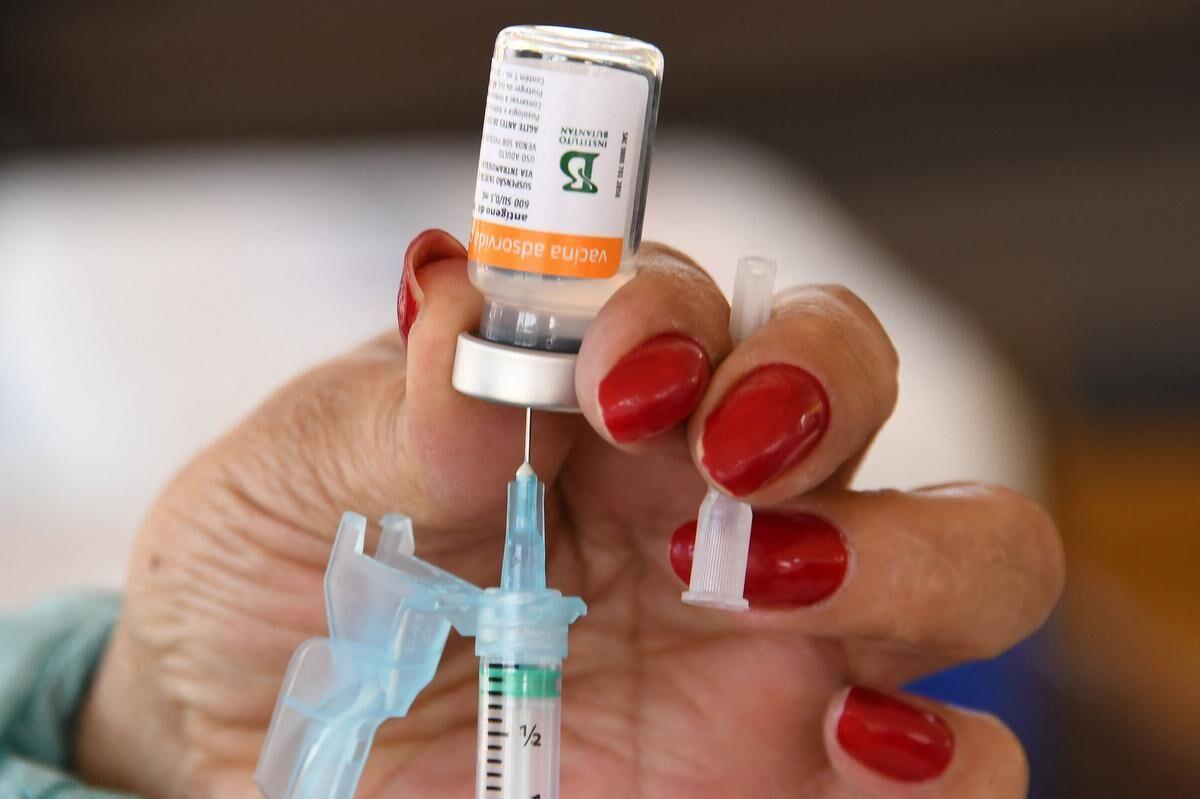
Adults over 50 and those with chronic conditions benefit most from antivirals. These medications can reduce hospitalization risk by up to 89% if taken early.
Approximately 40% of adults have at least one chronic condition that increases COVID risk. Timely treatment is key – antivirals work best within the first 5 days of symptoms.
How can I access COVID treatment?
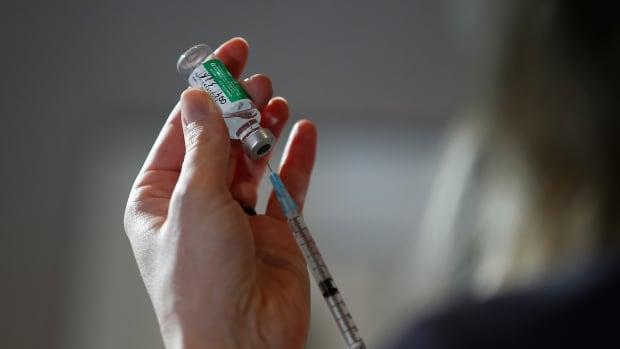
Various options exist for accessing COVID treatments. Test-to-Treat centers offer free testing and treatment for eligible individuals.
Over 2,000 such centers now operate across the country. Telemedicine consultations for COVID have increased by 300% since 2020, improving treatment accessibility.
What’s next in the COVID fight?
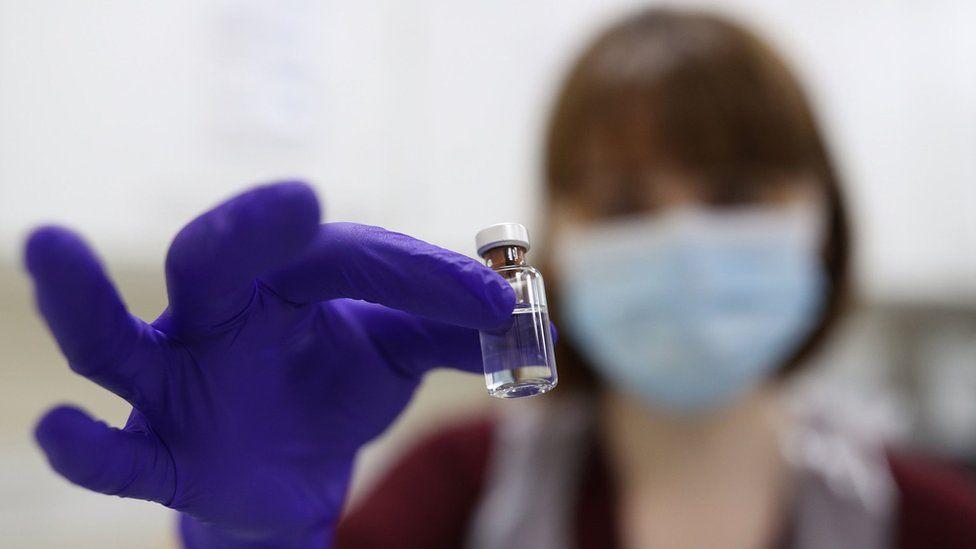
As we enter a new phase of COVID management, challenges remain. Researchers are working on universal coronavirus vaccines.
Public health officials predict annual COVID shots may become the norm. The next few months will be crucial in assessing the impact of these new strategies on public health.

